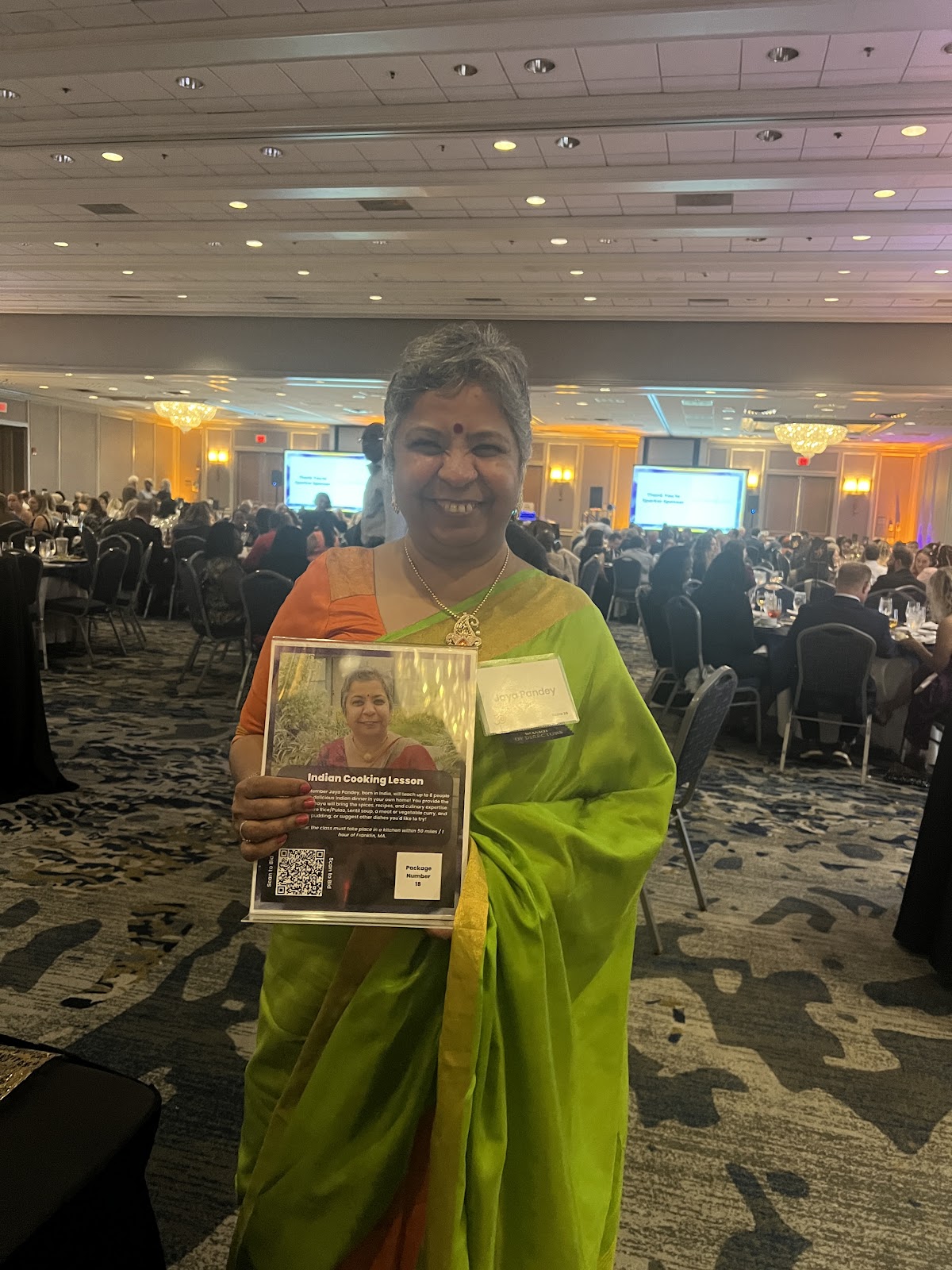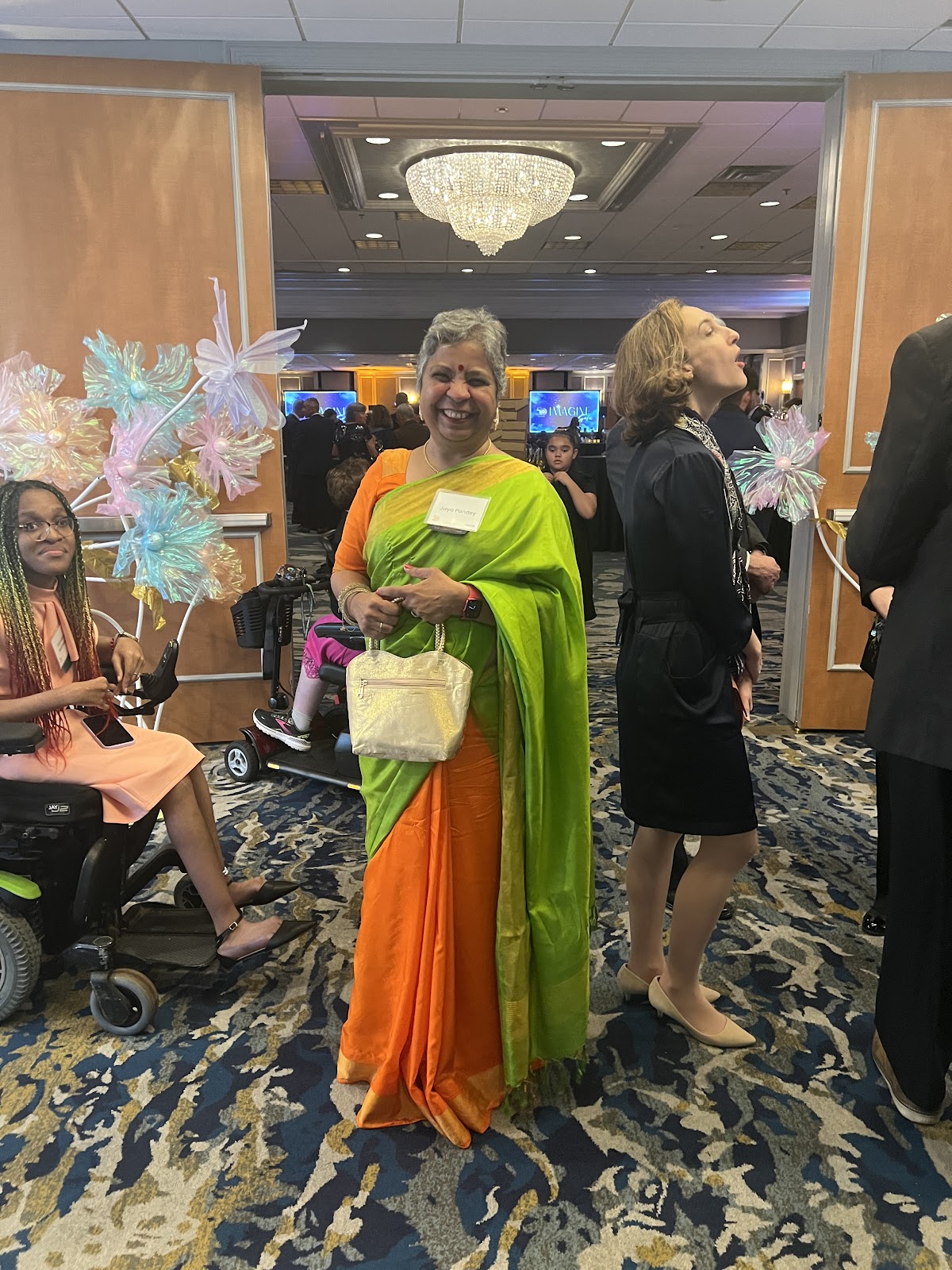Thinking a change would do me good, I traveled to Sacramento to visit one of my Amma’s colleagues, who was visiting her son. Although the purpose of the trip was different, after spending a few days with this simple household, I returned with new insights.
My mother’s colleague is a simple woman in her 60s. While talking to her on various topics, I came to realize how grounded and sorted she is. Her stories and life philosophy were not what I had expected.
At 17, just after finishing high school, she got married. She wasn’t considered attractive by her caste and community’s standards, but because she had studied science in high school ( very rare at that time), her forward-thinking husband chose her for her qualifications. He supported her through her undergraduate and master’s degrees. She taught middle school, raised four children, and kept advancing her education. I can only imagine the backlash her progressive husband must have faced, as he was very hands-on in helping around the house so that his wife could achieve her dreams. She taught math and Sanskrit in middle school, worked as a PE teacher, and eventually became the NCC (National Cadet Corps) in charge for our girl’s school.
With hard work and a simple lifestyle, they managed to save money and educate all four of their children, who are now all well-educated, employed, and married.
Her husband passed away unexpectedly 12 years ago, and her world collapsed. She didn’t know how to function without him, as he had been an equal partner in every aspect of their lives. But despite the challenges, she remains progressive in her thinking and is proud of her daughters-in-law. She respects the boundaries of their household, following its rules, and does whatever she can to support her son, daughters-in-law, and grandchildren. She told me they chose their daughters-in-law based on their qualifications and education, not on their looks. There was no dowry or financial exchange in the marriages, and her love for her daughters-in-law is evident.
Even after all the hardship in her life—widowed at the age of 54—she continues to live fully. She goes for walks, practices music (she’s learning to play the piano in her 60s), reads, watches Pakistani dramas, and helps with cooking and cleaning. Another thing that struck me was her attitude towards money. She supports families in her village who are in need, donates to charity, and says, “All my kids have plenty. I’m just supporting those who aren’t as fortunate.”
Despite her savings, she has no desire to buy expensive saris or jewelry. She is content with the land she has in her village and the house she owns in town. She lives simply, maintains an optimistic outlook, helps others in need, and moves forward. If I hadn’t spent this much time with her, I wouldn’t have discovered the secret behind her hearty laughs. She truly is content, and I believe that’s what makes life easier for her.
She always looked up to my parents, feeling grateful for their advice and support, and she deeply misses my mom. My mother was her guide and mentor. When she lost her husband and later when she was retiring, Papa helped her with a lot of paperwork and provided advice when she needed it most.
A silk saree from her closet, which I agreed to wear just to create a memory, marked my first step toward being content and resisting the urge to add yet another saree to my collection.






















































